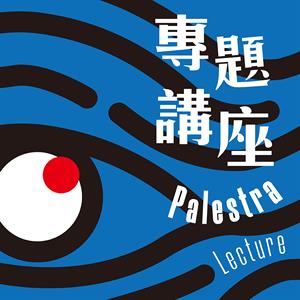Empirical evidence and statistics are the foundations of modern natural science, and statistics has intensified the power of businesses and money. Today, artificial intelligence and big data even elevate the power of statistics to a higher level. Future-telling practices such as divination are also based on potential statistical knowledge. Faiths and reasons share similar foundations.
“Art Macao: Macao International Art Biennale 2023” explores the connection between science and religion, focusing on the theme of “the Statistics of Fortune”. Throughout history, natural sciences have been closely intertwined with religious rituals. Our record of science is therefore imbued with a degree of spiritualism and mystery, adding to its enigmatic nature. This may also explain why many religious rituals are empirical in nature, and highlights spirituality is a key factor in statistics.
To further explore this connection, Qiu Zhijie, the chief curator of this year’s ‘Art Macao’ will deliver a talk to share the curatorial logic behind the biennale. This innovative exhibition is a refreshing exploration of the interplay between traditional religious artworks and contemporary pieces that delve into the history of technology, all from a humanistic perspective.
Speaker:Professor Qiu Zhijie, Chief Curator of “Art Macao: Macao International Art Biennale 2023”
Language:Mandarin
Venue:Auditorium of MAM
Quota: The quota is 70 people. Admission by drawing lots. Free admission.
Registration:13-24/07/2023 Online Application through Macao One Account

LECTURE Religion and Science - Curation of the Macao International Art Biennale

